Stages of Startup Funding
“We like what you’re doing, but you are too early for us.”
“I think your team is solid; unfortunately, you are too large for our ticket size.”
Have you ever heard the above statements while trying to fundraise for your startup?
It’s always important to know what you are looking for and to know where to find it. When it comes to obtaining venture financing, one of the very first things to understand is that most sources of capital—whether an angel, accelerators, venture capital (“VC”) firms, and so forth—focus their investment on one or more of the below categories:
- Industry sectors, such as edutech, fintech, SaaS;
- Funding stages, such as pre-seed, seed, and Series A;
- Geography, such as Southeast Asia, Americana, and Europe.
Now, hearing the statements illustrated at the beginning of this article means that you need to delve deeper into which funding stage your targeted investor is focusing on.
Generally speaking, there are five stages of venture financing: pre-seed, seed, series A, B, and C+.
Pre-Seed
Typically regarded as the first round of financing, a small amount of investment is usually pumped to jump-start the company. Very early stage, the company is usually pre-product or also known as being in the ‘idea stage. The investment is commonly used to create a prototype and for the company to get its first hires.
The funding amount is usually low around USD100,000 to USD300,000. Pre-product startups are generally valued at less than USD1 million, but that depends on the circumstance.
Investors typically include friends and families, angels, accelerators, and incubators. Smaller VCs are also available.
Seed
Once the company begins to conduct its business activities, it can seek seed funding to further continue experimenting with its products and slowly grow its team. Commonly, seed stage investors would like to see a minimum of three-to-six-months traction to see the product/market fit.
The funding amount ranges from USD200,000 to USD2 million, also depending on circumstance. We have also seen larger rounds. Valuations also range, typically from USD1,500,000 to USD5,000,000.
Investors may include angels, VCs, accelerators, and incubators.
Series A
At this point, the company is expected to prove its product/market fit and can focus on revenue growth. Commonly, there is a main funnel of revenue at this stage, and the company requires further funding to roll out new improvements in the product or even other means of revenue.
A wider range of funding exists, but typically up to USD10 million with a valuation of up to USD20 million.
Investors typically consist of VC firms with less angel participation.
Series B
This is when a company is ready to scale. It has figured out the keys to revenue generation and trying to further amp up the game. The investment is commonly used to make expansive hires, explore different market segments, and try out different revenue schemes.
The funding ranges further but is commonly around USD30 million or less with valuations up to USD60 million.
Investors are mostly VC firms focusing on growth.
Series C+
Companies in this stage would be looking to expand further, such as moving into a different market (both segment and geographically) or even for strategic acquisitions. Following this stage, there is an unlimited number of investment rounds, depending very much on the needs and demands of each company.
Later stage funding commonly starts at USD50 million and above, with valuations typically starting at USD100 million.
Investors can include late-stage VC firms, private equity firms, hedge funds, and banks.
Again, the amount of funding and valuations can range further than the above, depending on the circumstance surrounding each company as well as the local market. This should, however, be a sufficient enough guide to help you figure out your expectations and targets in your next financing efforts.
As for Venturra Discovery, we are a sector-agnostic Southeast-Asian venture capital based out of Jakarta investing in seed to series A rounds. If that fits your company’s profile, please go to our contact us page and submit your pitch deck today!
Originally published on 27 February 2019

